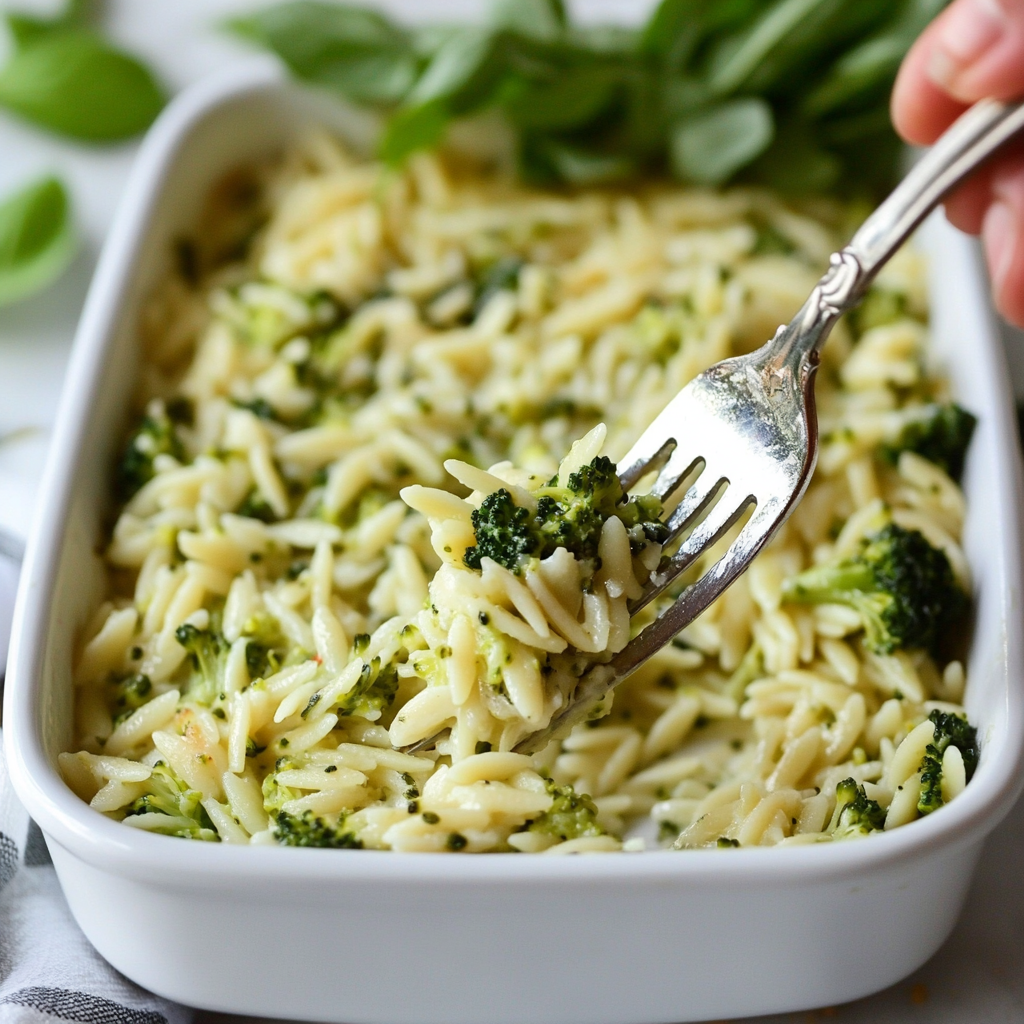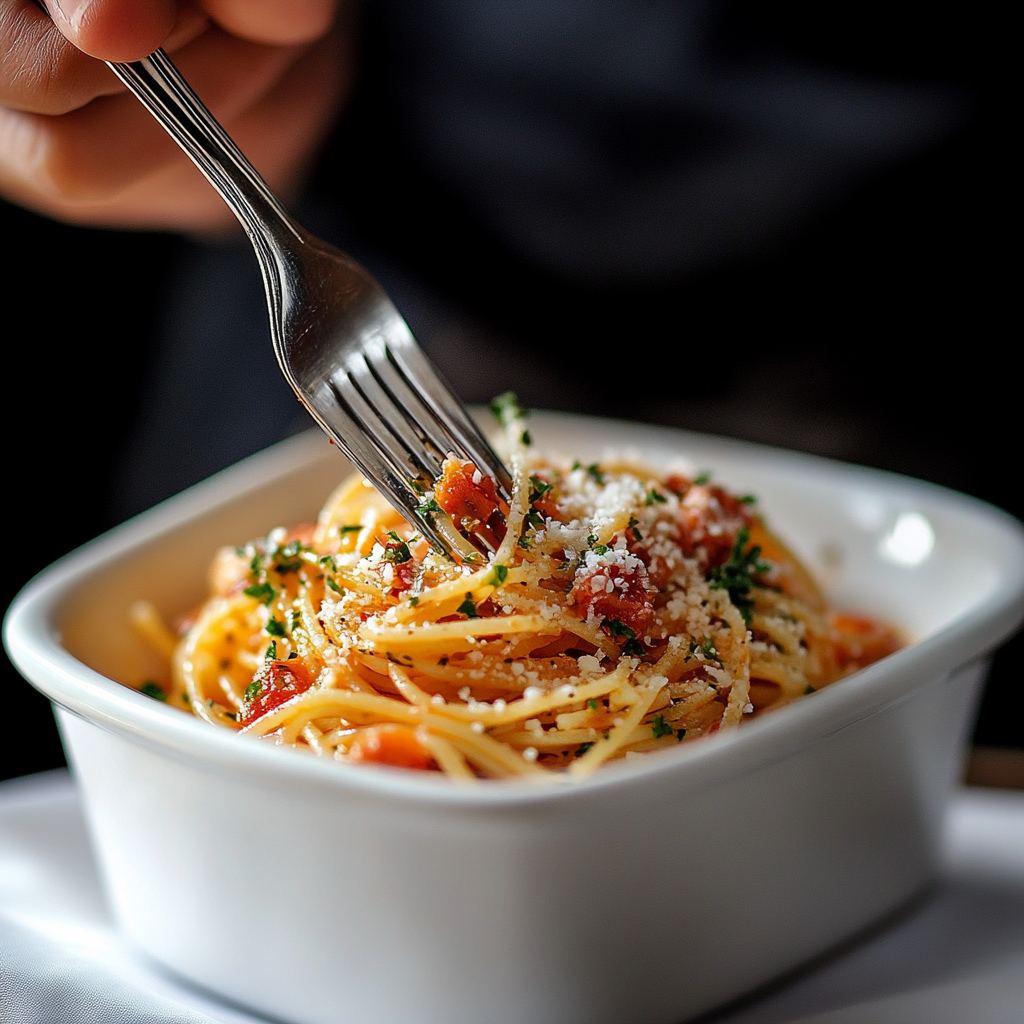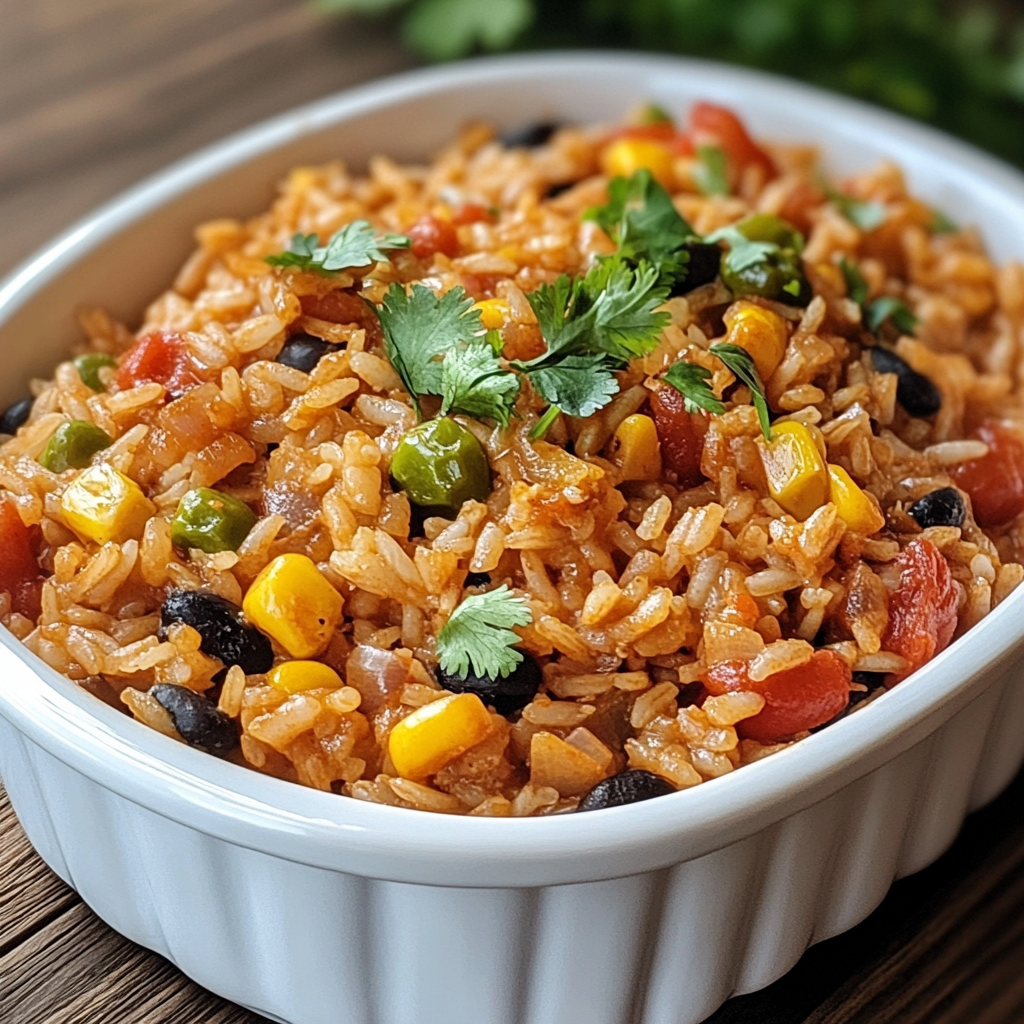Discover the timeless flavors of Greece through these traditional recipes. Perfect for any occasion, these dishes are a celebration of taste and heritage.
Introduction
Greek cuisine is a testament to the Mediterranean’s vibrant flavors and culinary heritage. From hearty main courses to tantalizing desserts, Greek recipes have captured the hearts and taste buds of food lovers worldwide. In this article, we’ll explore the essence of Greek cooking, its history, and how to recreate authentic dishes in your kitchen. Whether you’re hosting a dinner party or looking for a healthy meal, these Greek recipes are sure to impress.
Learn more about the health benefits of the Mediterranean diet and why Greek food is a cornerstone of this lifestyle. For additional insights into traditional Mediterranean ingredients, visit Olive Oil Times.
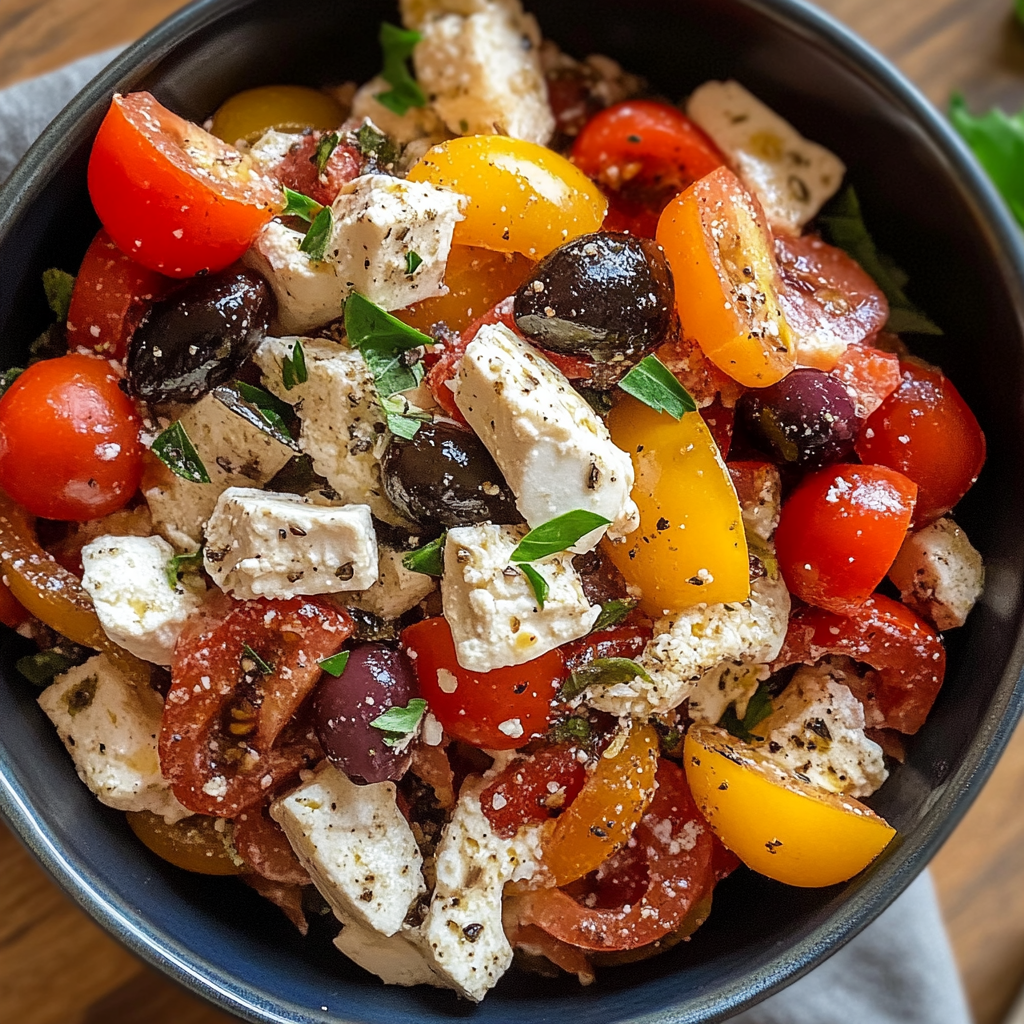
Definition
Greek recipes are characterized by their use of fresh, seasonal ingredients and a balance of flavors. Olive oil, herbs, vegetables, and lean proteins form the backbone of this cuisine, creating dishes that are both healthy and flavorful. From creamy dips to savory pies, Greek food reflects the country’s geography and culture.
Origin and History
Greek cuisine has evolved over centuries, influenced by neighboring cultures and historical events. Ancient Greeks celebrated simple ingredients like honey, figs, and grains. Over time, Ottoman, Italian, and Middle Eastern influences introduced spices and cooking techniques that enriched Greek recipes. Today, these dishes are a fusion of history and tradition.
Seasonal and Cultural Relevance
Best Season for Greek Recipes
Greek dishes shine during the spring and summer, thanks to the abundance of fresh produce like tomatoes, cucumbers, and eggplants. However, hearty winter recipes such as avgolemono soup and moussaka bring warmth to colder months.
Cultural Relevance
Greek recipes play a central role in celebrations like Easter, weddings, and name days. For example, lamb is a staple during Easter feasts, while baklava is a must-have at weddings and festivals.
Key Ingredients
Core Ingredients
- Olive Oil: The cornerstone of Greek cooking.
- Feta Cheese: A tangy, salty cheese that complements salads and pastries.
- Herbs: Oregano, dill, and mint are commonly used.
- Vegetables: Tomatoes, cucumbers, and eggplants are staples.
- Legumes: Chickpeas and lentils feature in many dishes.
- Seafood: Fresh fish and calamari are coastal specialties.
Nutritional Breakdown
- Olive oil is rich in healthy fats.
- Vegetables provide essential vitamins and antioxidants.
- Legumes are an excellent source of protein and fiber.
Preparation Steps
Step-by-Step Guide
- Gather Ingredients: Use fresh, high-quality products.
- Prep Work: Chop vegetables, marinate proteins, and measure spices.
- Cooking: Follow traditional techniques like slow roasting or grilling.
- Final Touch: Garnish with herbs and drizzle with olive oil.
Common Pitfalls
- Overcooking vegetables can diminish their flavor.
- Using low-quality olive oil affects the dish’s authenticity.
Tools and Techniques
Essential Tools
- Mortar and pestle for grinding herbs.
- Cast iron skillet for even cooking.
- Baking dish for layered recipes like moussaka.
Special Techniques
- Phyllo Dough: Mastering this delicate pastry is key for pies.
- Marination: Enhances the flavor of meats and seafood.
Variations and Alternatives
- Vegetarian Moussaka: Substitute meat with lentils.
- Gluten-Free Spanakopita: Use gluten-free phyllo.
- Regional Twists: Add local spices like saffron for unique flavors.
Pairings and Accompaniments
- Sides: Tzatziki, pita bread, or Greek salad.
- Beverages: Lemon water, herbal teas, or sparkling soda.
Comparison with Similar Recipes
Greek recipes often use olive oil instead of butter, setting them apart from French or Italian cuisines. The emphasis on fresh herbs also gives Greek food a unique, vibrant taste.
Health and Wellness Aspects
Health Benefits
- Promotes heart health due to olive oil and lean proteins.
- Rich in fiber, supporting digestion.
- High in antioxidants, which boost immunity.
Fitness Relevance
Greek recipes are ideal for weight management and active lifestyles, thanks to their nutrient-dense ingredients.
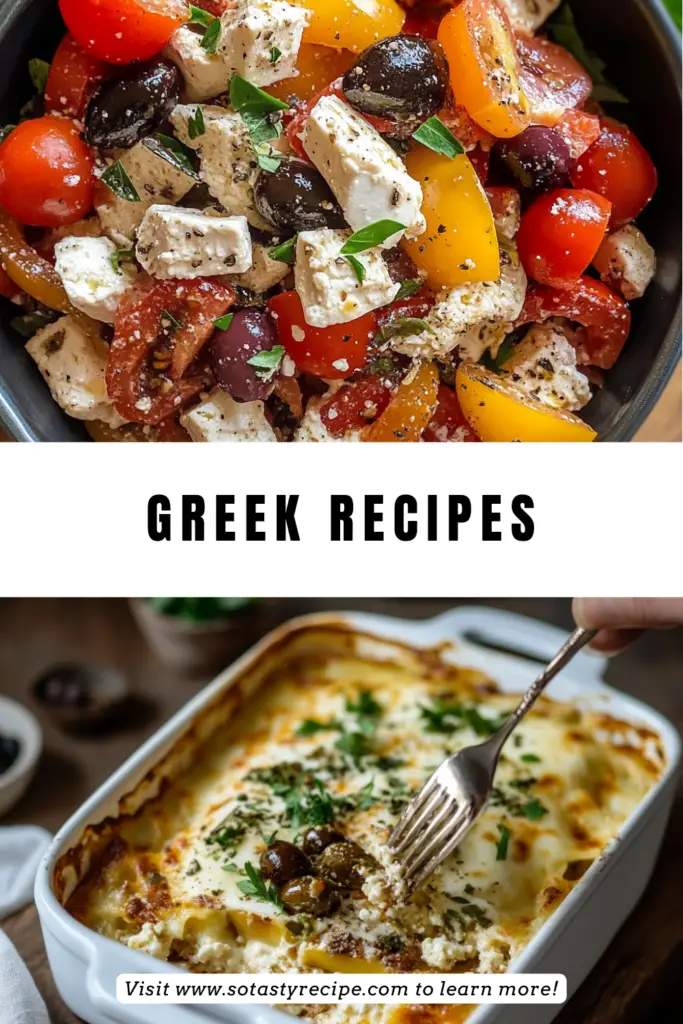
Frequently Asked Questions (FAQs)
What are some interesting facts about Greek food culture? Greek meals are a social experience, often shared family-style.
What is the most common Greek dish? Moussaka is widely regarded as a national favorite.
What makes Greek food special? Its emphasis on fresh, high-quality ingredients and balanced flavors.
What is the most common cooking method in Greece? Grilling is a traditional technique, especially for meats and seafood.
Best Time to Enjoy Greek Recipes
Greek recipes are versatile and can be enjoyed year-round. Light salads are perfect for summer, while hearty stews are ideal for winter.
Suggested Recipes
For more savory recipes you can also check my friend Alicia’s blog here.


